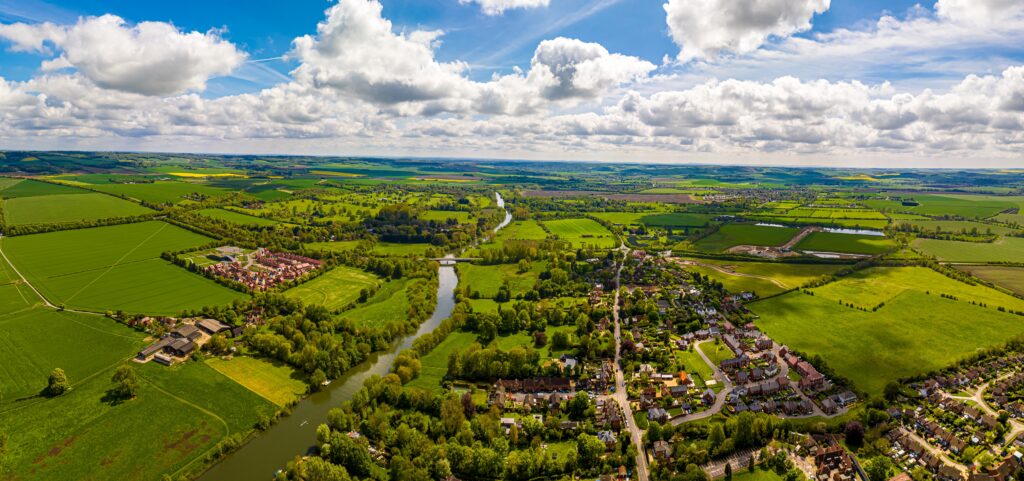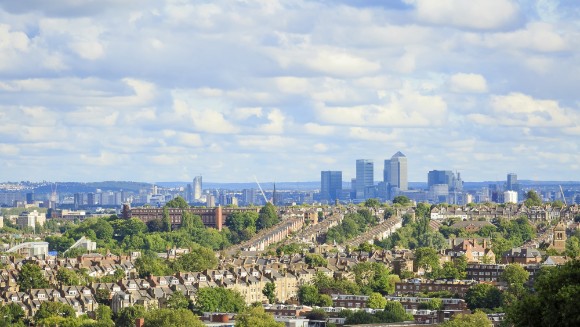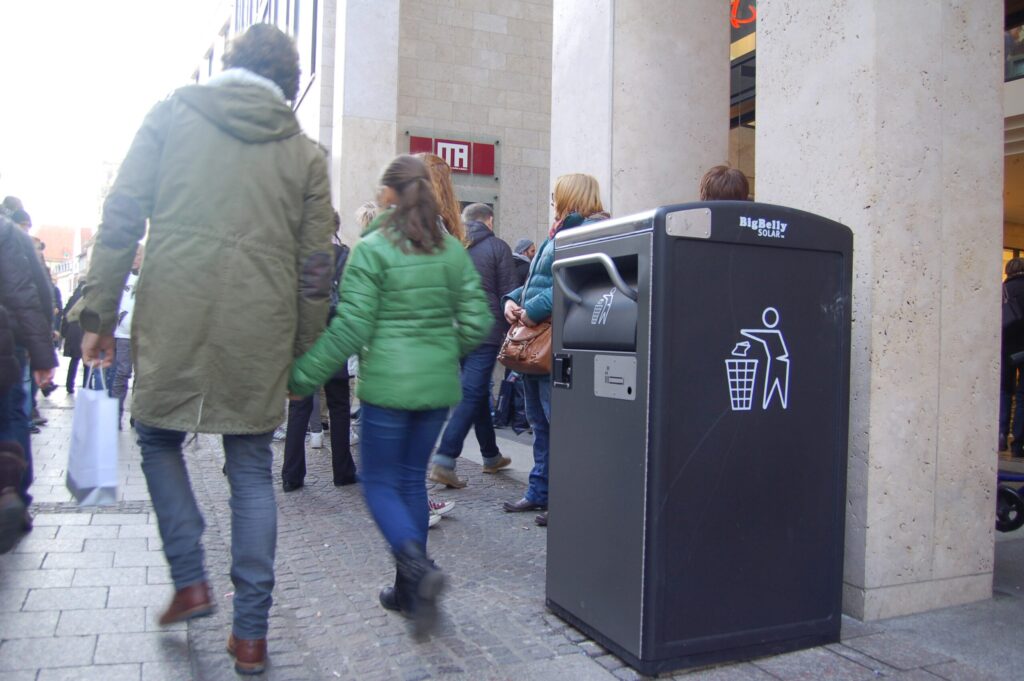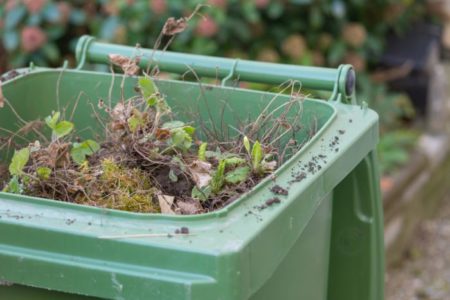Councillor David Rouane, leader of South Oxfordshire district council and climate lead, said: “The council’s carbon emissions are down by 47% over the last 15 years – this is fantastic progress, which has been driven in recent years by our ambitious net zero targets.
“We are pushing forward our extensive programme of energy and carbon saving projects for our arts and leisure centres. We are doing this by improving insulation and installing technology such as solar panels and air source heat pumps. We have projects in Didcot, Thame and Wheatley underway.”
The council’s waste team has also purchased its first electric food waste truck which the crews will begin using this autumn. In addition, up to six other council vans are also expected to transition to electric vehicles in the next year, with two already on the road.
Rouane added: “We knew that there could be challenges to achieving our net zero targets both for the council and for the district. For the council we had anticipated that technology – especially regarding larger electric refuse vehicles – would have developed faster than it has proved.
“The rural nature of the district with its long waste collection routes has proved a struggle for larger electric vehicles. However, the council has a ten-week trial of an electric refuse collection vehicle planned in the coming months and we are hopeful of favourable results.
In 2019, the council set the target to become carbon neutral by 2025 alongside an aspirational target of South Oxfordshire being a net zero carbon district by 2030.
On Thursday (10 October 2024), cabinet members will discuss two reports on the council’s net zero targets which will recommend it adopts a revised operational net zero target of 2030, and a revised target for the district of 2045.









Subscribe for free